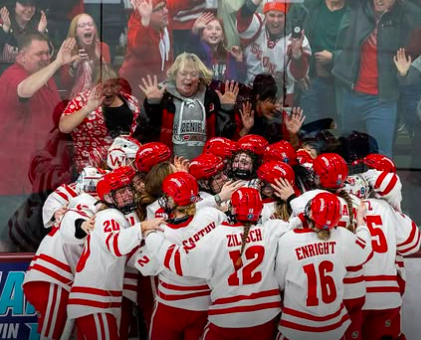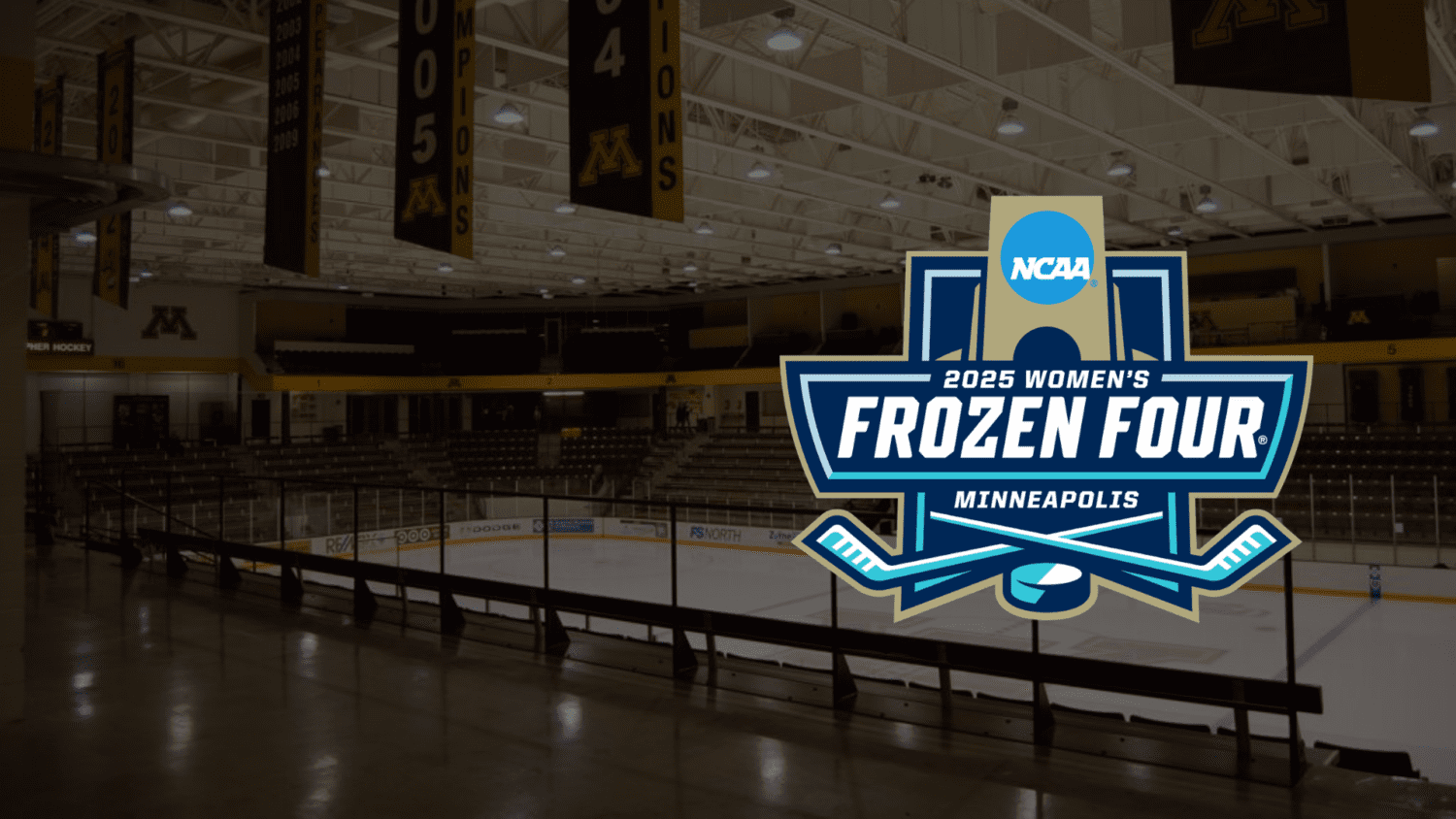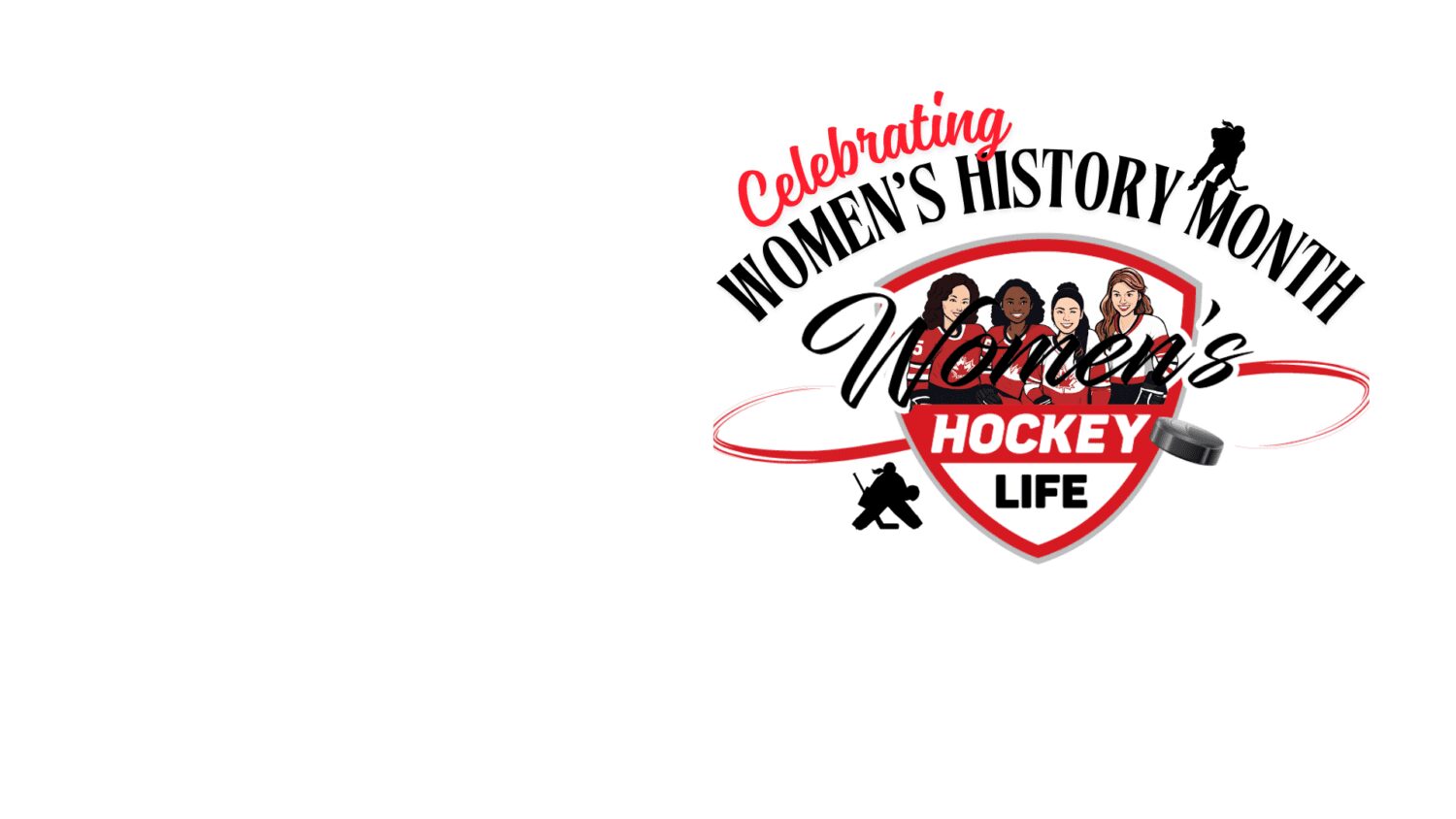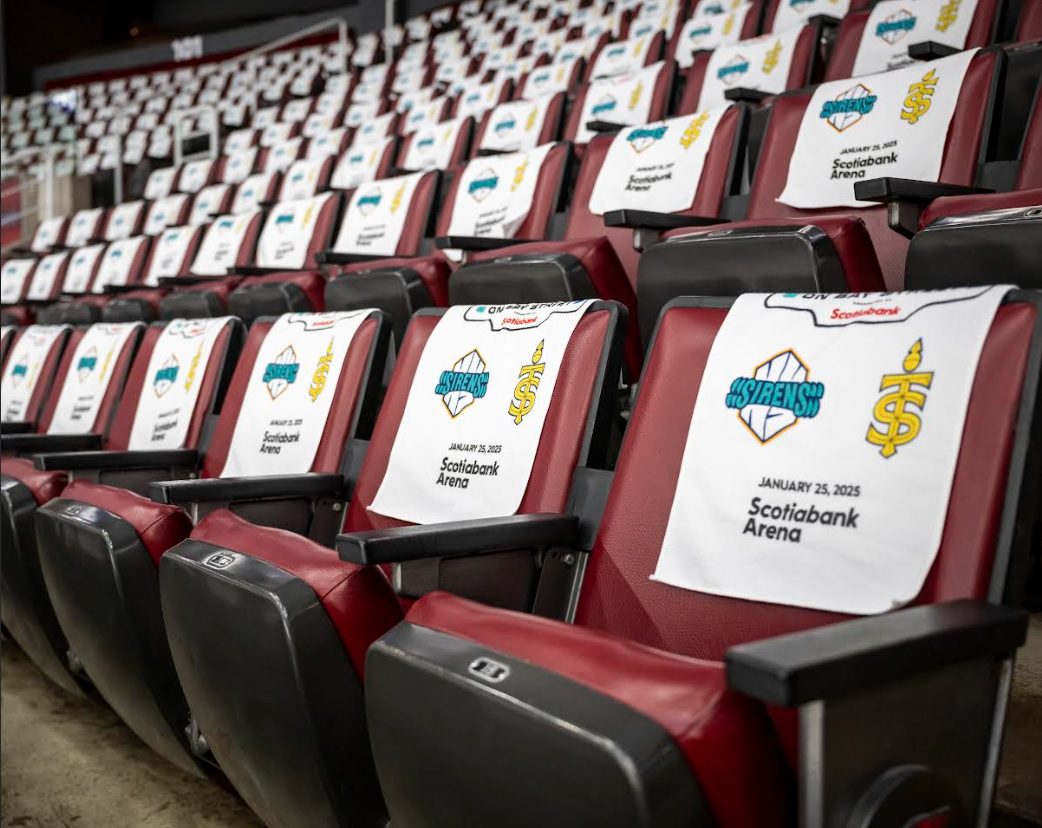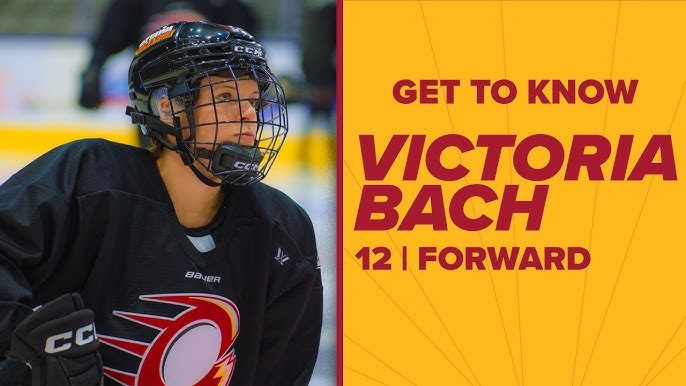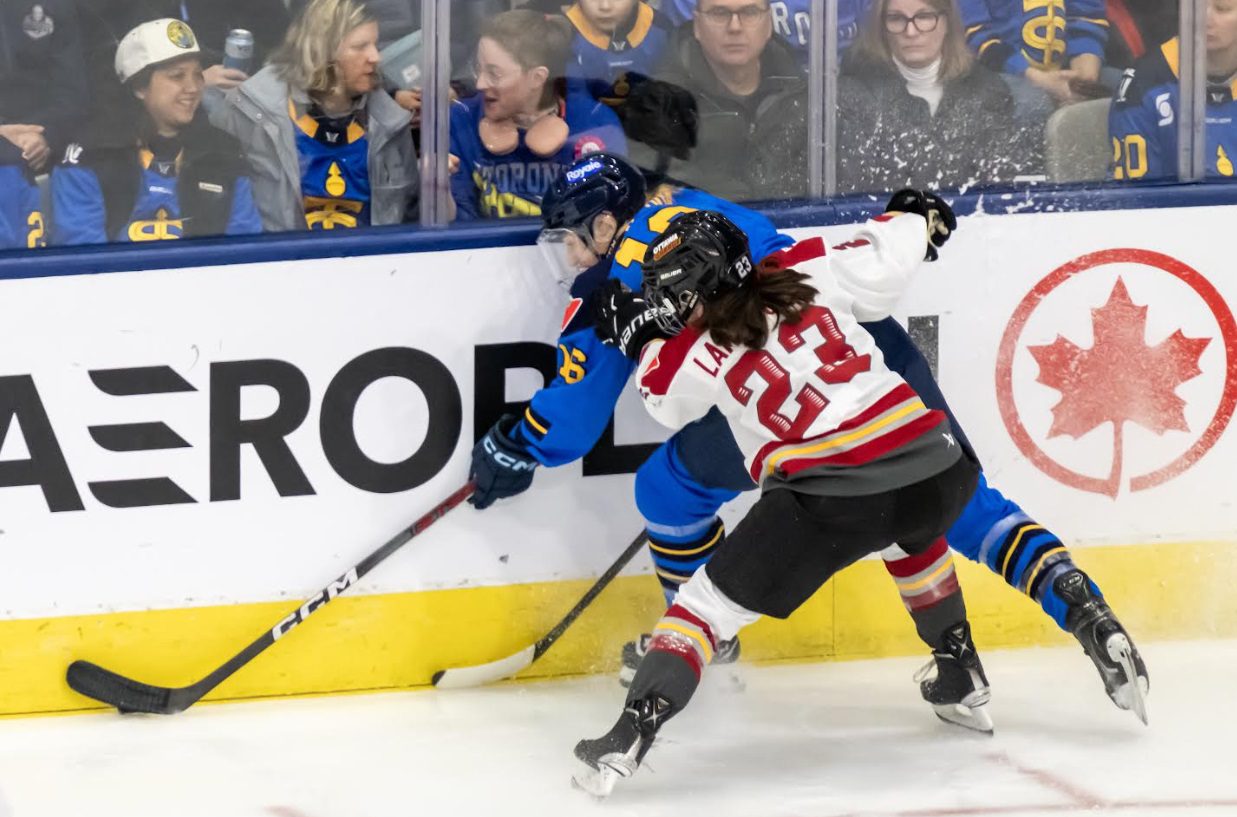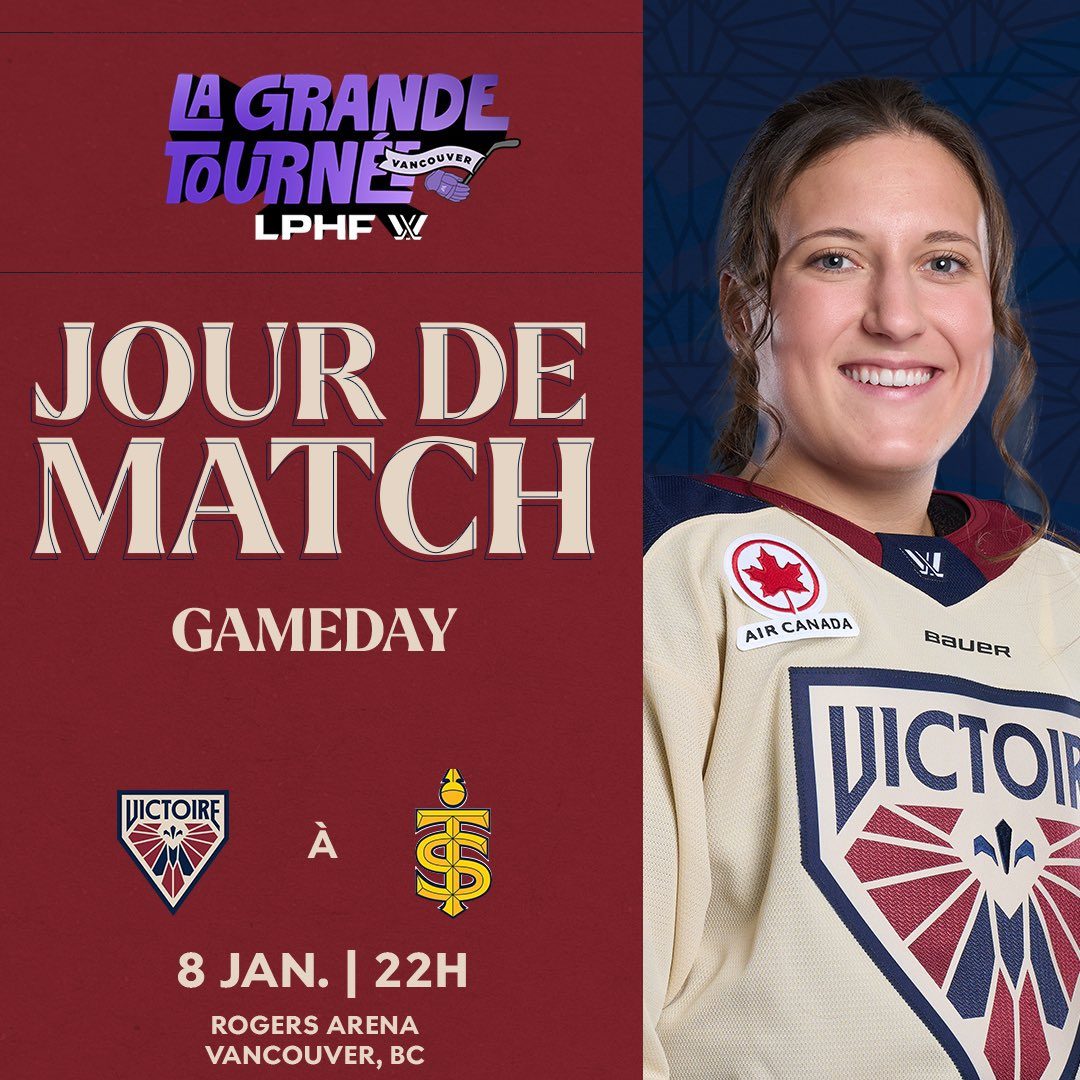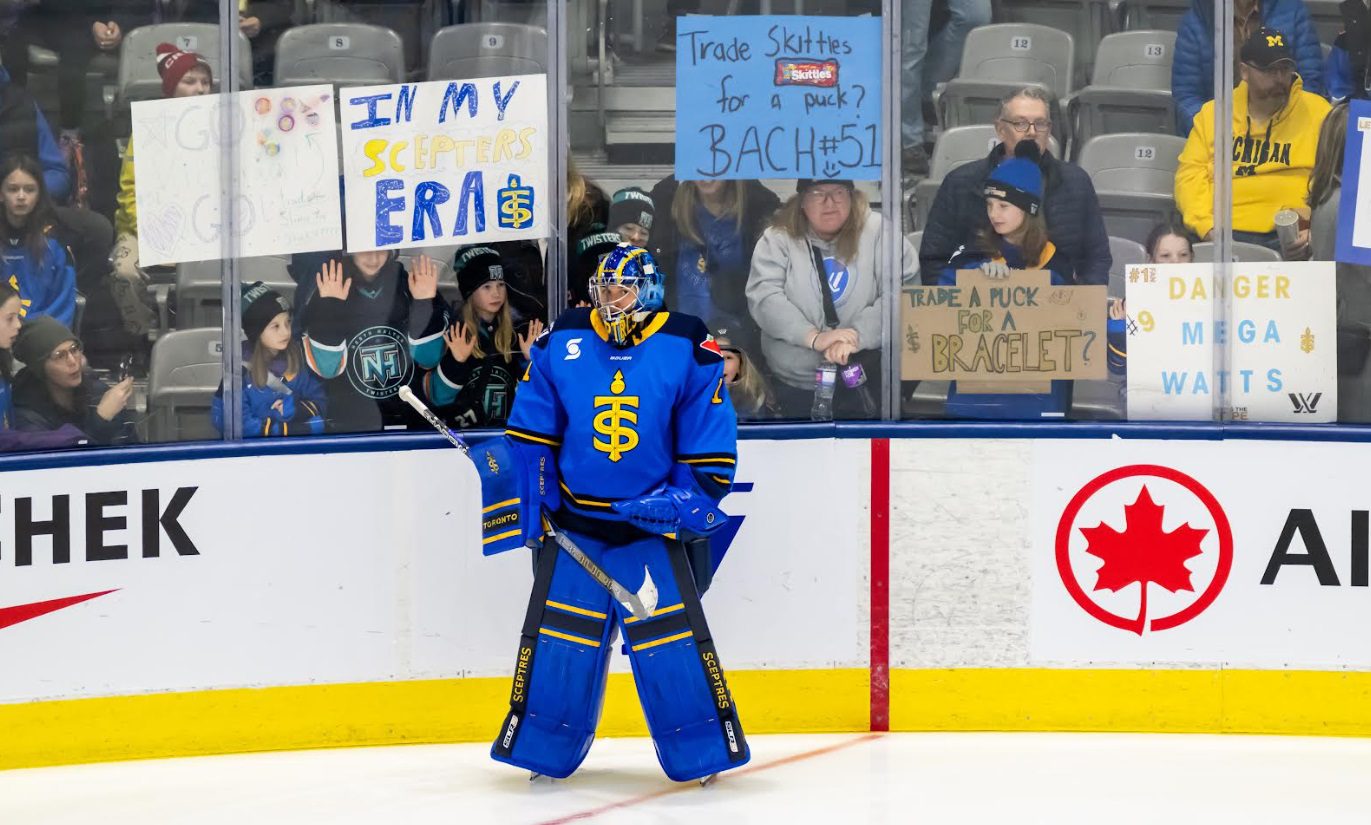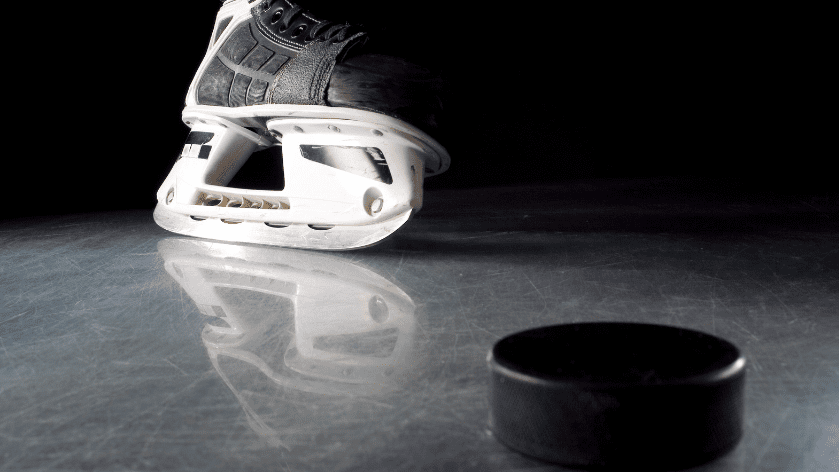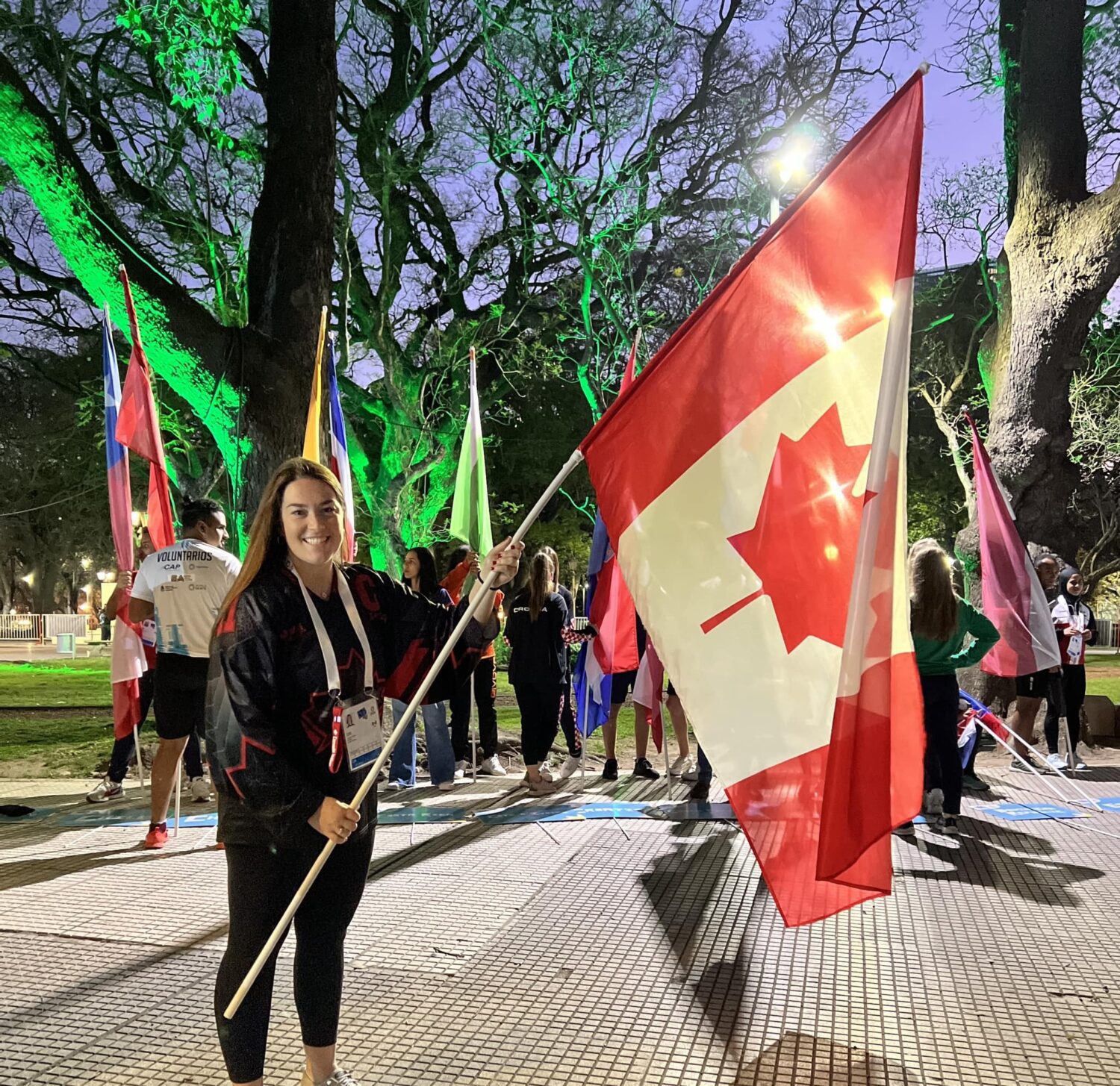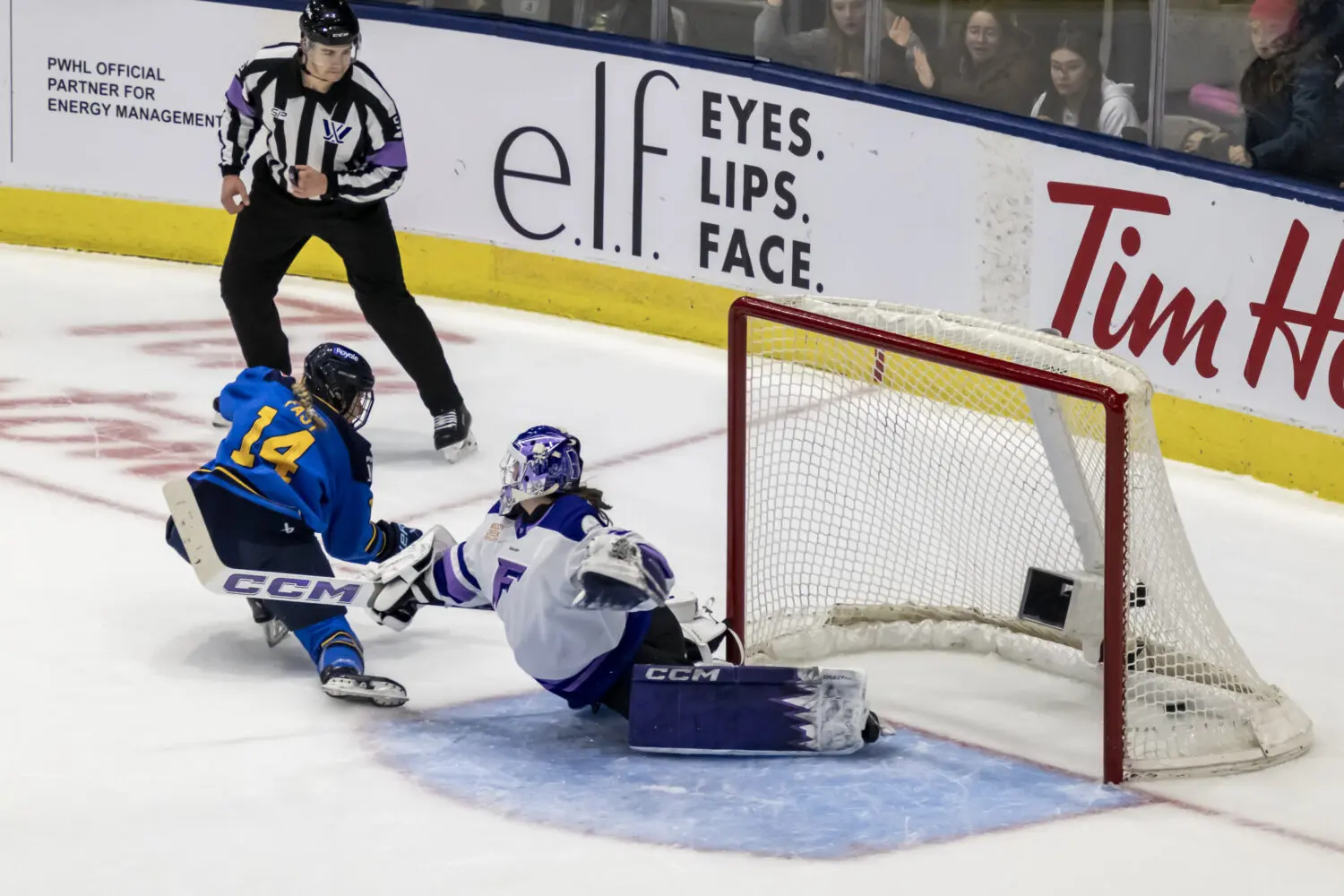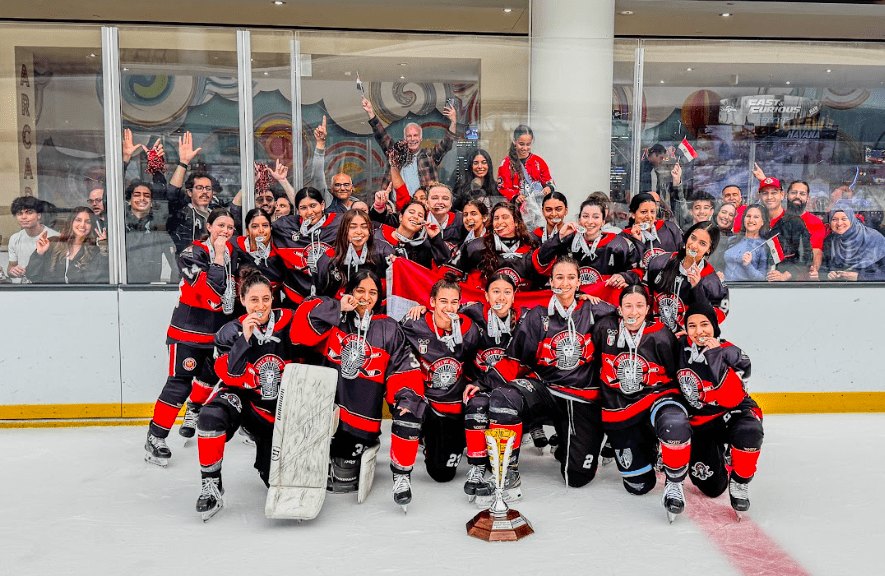For everyone who was, is, or going to be a competitive hockey player, I’m writing this for you. My name is Maddy, a recent collegiate hockey graduate, and I’ve been playing competitive hockey since I was seven years old. I’ve been competitively involved in other sports since I was three, including soccer, ultimate frisbee, volleyball, and running. Never through any other sport have I experienced such happiness, empowerment, and passion than what hockey gave me. Anyone involved in any hockey community across the world, I am certain, will agree when I say hockey is a very unique sport, and so are the people.
Hockey has taught me an abundance of valuable life skills and lessons. It’s taught me strength, humility, relentlessness, work ethic, discipline, collaboration, maintaining relationships, goal setting, how to win, how to lose, and the list goes on. Most importantly, hockey has taught me to fight for what I want. It’s no secret that nothing in this world is handed to anyone; that we must work for everything we want. We’re coached to take that extra stride. Take that extra shot. Dig a little further. Support your team a little extra. Empty everything in your tank and more. Set yourself apart from your competition. Come back stronger the next shift. Everything you can control—you do. Your motivation comes from not only yourself, but from your organization, coaches, teammates, family, friends, and the community. In the real world, it all disappears. You have support, but in different ways. Your goals suddenly go from team-oriented to self-oriented very quickly, and this is where life forces you to change your mindset and lifestyle with no ifs, ands, or buts.
Although these skills can be directly translated into the real world, how do we do it?
Now that my hockey career has come to an end, I feel completely vulnerable to the hockey world and turned off by the real world. I feel lost, upset, scared, completely out of my comfort zone—like something is missing. Up until May of 2018, my life has been extremely structured, balanced, and completely fulfilled in a beautiful, competitive, and healthy way. Lucky enough to have the opportunity to be a collegiate hockey player, I now don’t know what to do without it. Coming from someone who does not have a competitive personality, but a competitive mindset in hockey, I’m finding it extremely hard to motivate myself for anything else. I can honestly say this has been the most difficult transition and time of my life.
So, where do we go from here? I’m not sure. Maybe it just takes time, or maybe I need to move on. Maybe this feeling will subside with distraction, or maybe it will never go away. Only time will tell. The reason I’m writing this is, you may ask? It’s because I know I’m not the only one in the world who has, is, or is going to feel like this. I want to share my experience with anyone and everyone who may or may not understand, hoping that this will touch anyone in our incredibly special hockey family. My advice to those reading this: stay involved in the game as long as you can. Volunteer your time for a local team. Go skate with an old team. Join a beer league with your old teammates. Coach a youth team. Look for jobs in the hockey community. I encourage you with every fibre of my being to not let your passion die. Just because you can no longer play, coach, or watch like you used to, does not mean your hockey lifestyle needs to end. In fact, it’s just a new chapter in your hockey book.
As I’ve been learning and growing from this challenging experience, I want to continue to share my journey and speak up for not just hockey players, but every single athlete that has struggled with retirement. Here I am right now, struggling, being turned down from jobs left right and centre, and not feeling good about myself. I promise you, if you talk about it, it gets easier. If you stay involved, your passion will continue to grow. If you wake up every morning and tell yourself you can do this, you can. Remember that it’s okay to be vulnerable, to be sad, to reminisce and reflect. It’s okay to cry, to be scared, and to feel lost. It means you care. If you take that passion and embrace it in every aspect of your life, you will find a way to be fulfilled. Like Professional Boxer Jack Dempsey says, “a champion is someone who gets up when he can’t.”
If you’re looking to stay involved with the women’s hockey community after retirement, join Women’s Hockey Life’s Facebook Community Group to stay connected, share your story, and get advice from like-minded women.
[adrotate group=”1″]
Related Articles
Categories
Recent Posts
[adrotate group=”2″]

